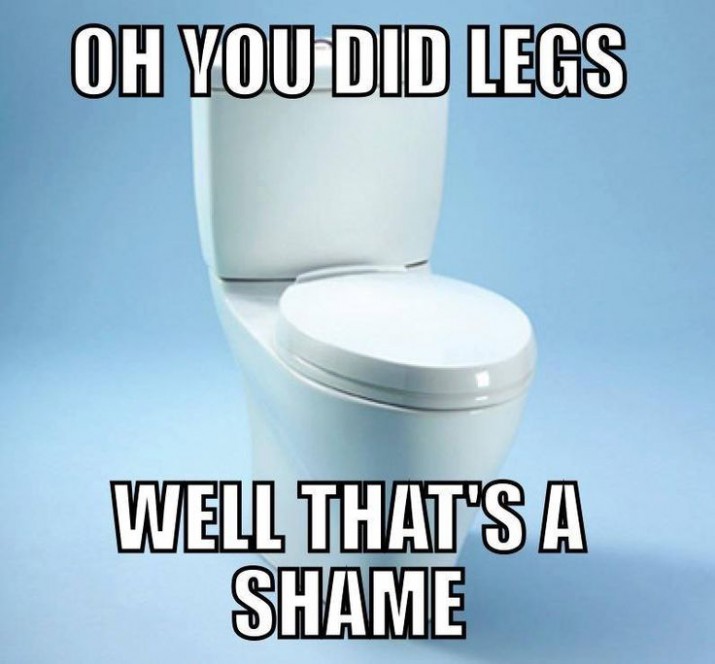You know the feeling, you wake up the day after a workout and you struggle to get yourself out of bed you, getting off the toilet seat is painful, getting dressed seems like a mission for you to accomplish. Yep you have DOMS.
Delayed onset muscle soreness (DOMS), often peaks at 48 hours post workout. According to a 2013 study by Bret Contreras and Dr. Brad Schoenfeld.

“DOMS appears to be a product of inflammation caused by microscopic tears in the connective tissue elements that sensitize nociceptors and thereby heighten the sensations of pain.”
Some people seek out DOMS no matter what
They gauge the effectiveness of their training sessions on how much of it they can elicit, thinking the more sore they are, the more progress they’ve made.. Should this the objective of each and every session?
Whether or not it’s mandatory to make progress in the gym, the answer can be a tricky one.
In order for your training to progress and this could mean add muscle mass or lose fat, get faster and/or become more powerful. There are different factors at play, however it’s crucial to consistently challenge the body and muscles to adapt.
When you try a new workout or unfamiliar exercises, the body is going to respond with some feedback the next day. This commonly is muscle soreness.
However there’s a difference between muscle soreness and pain
Soreness is ok. Pain however, is an indication that the workout was too intense for our muscles and tendons.However the amount or degree of soreness people experience can vary. More or consistent soreness doesn’t necessarily equate to better results. Likewise, no soreness or dulled soreness doesn’t necessarily equate to a waste of time.
Generally speaking, as one grows more comfortable with a routine or exercise, the degree of DOMS will decrease; which is why it’s important that you don’t do the same exercises or use the same load or sets/reps for an extended amount of time.
If you never get sore, there’s a good chance you’re not challenging yourself enough
It’s not ideal to be sore all the time, either. More so recovery through calories, hydration, massage, sleep and rest is just as important as other factors, if not more so.



